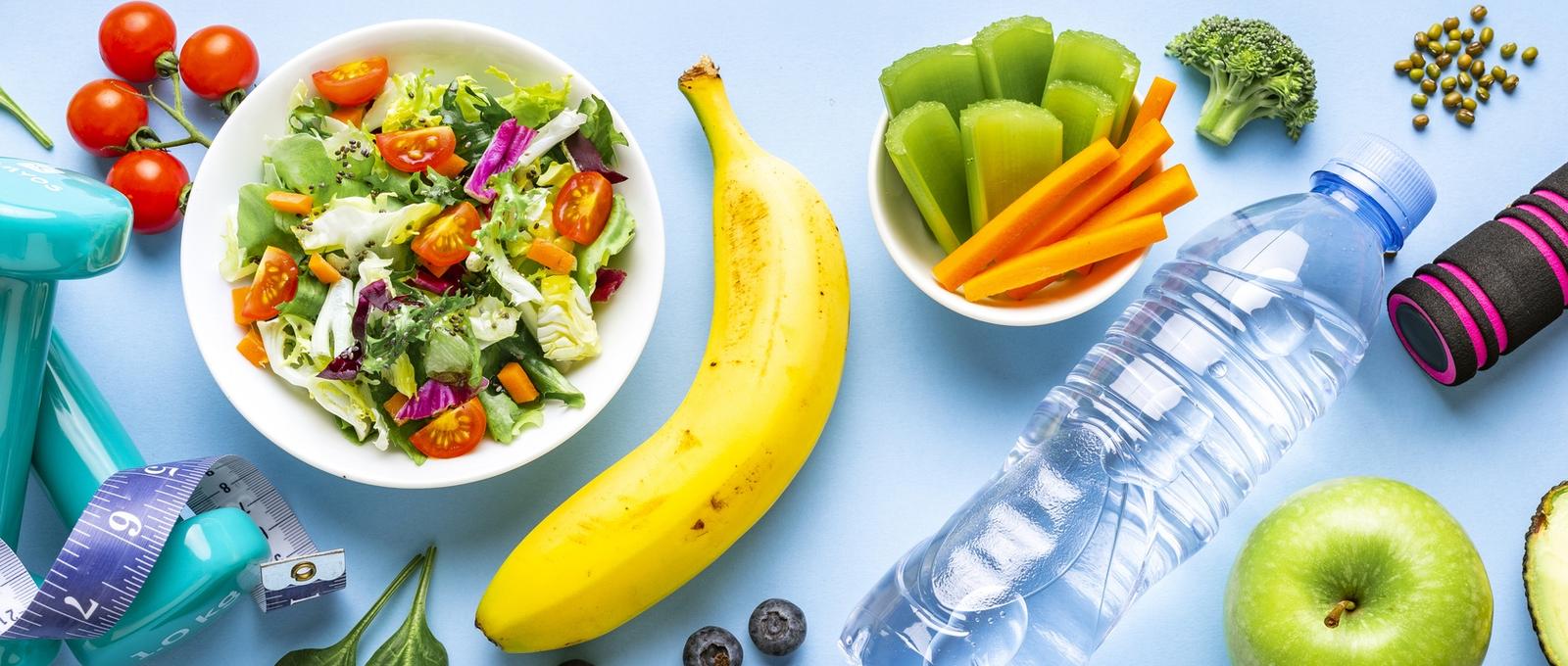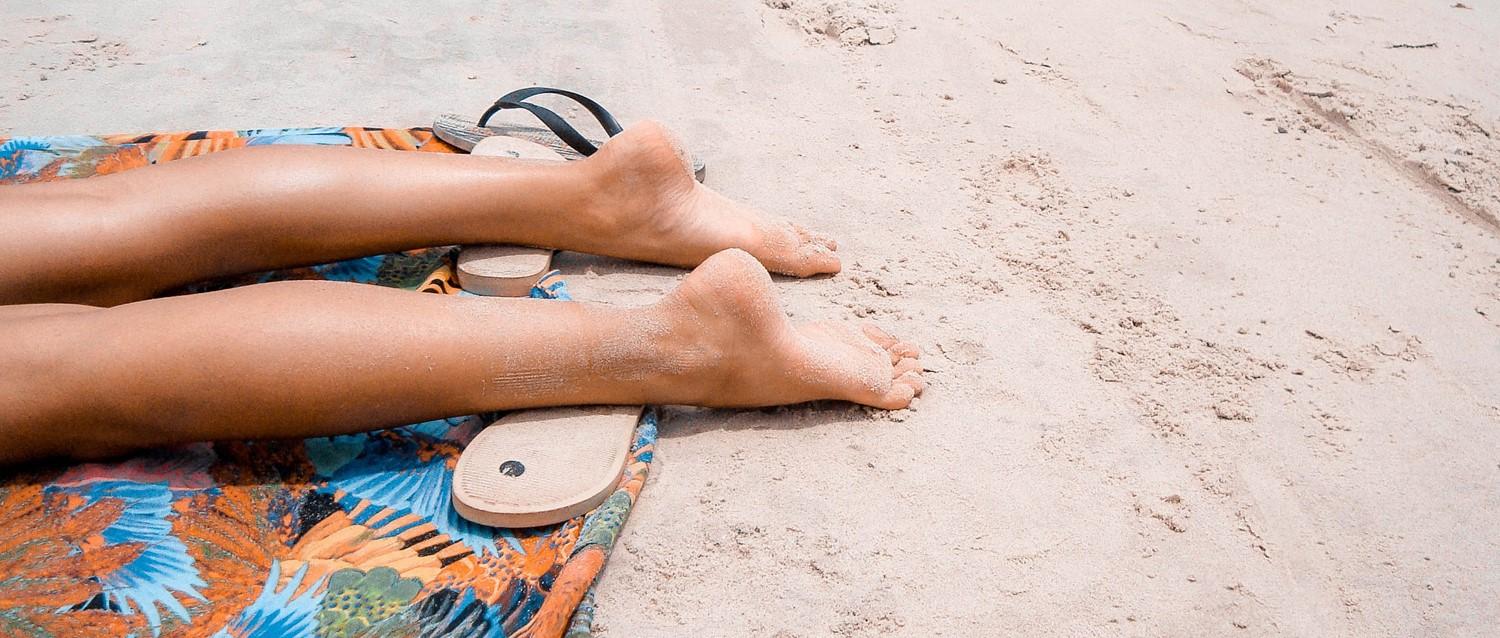
Remèdes naturels pour prévenir la rétention d'eau
Peer reviewed by Dr Colin Tidy, MRCGPAuthored by Victoria RawOriginally published 16 Jul 2025
- TéléchargerTélécharger
- Partager
La rétention d'eau peut avoir plusieurs causes. Bien que certaines personnes y soient plus sujettes, tout le monde peut en souffrir, quel que soit l'âge ou le sexe. Nous examinons les signes courants de la rétention d'eau, ses causes et les moyens de la prévenir.
Dans cet article :
What is water retention?
Water retention - also called oedema - is when your body holds in too much fluid. This can lead to swelling and puffiness in certain areas such as your legs, ankles, hands and feet.
Dr Po-Chang Hsu, Alpas Wellness, Greater Boston, USA explains that your body regulates fluid balance through your kidneys, circulatory system, and hormones such as aldosterone and antidiuretic hormone (ADH).
"When this balance is disrupted - due to diet, lifestyle, or underlying health conditions - fluid may accumulate where it should not," he says.
According to Hsu there are different types of water retention.
Il s'agit notamment de
Generalised oedema - this affects the entire body and is often linked to medical conditions such as kidney or liver disease.
Localised oedema - this is found in specific areas, such as the legs or hands, often due to injury, inflammation, or prolonged standing.
Symptoms of water retention include:
Puffiness.
Stretched or shiny skin.
Skin that temporarily holds a dimple when pressed (pitting oedema).
What causes water retention?
Water retention can be due to variety of common causes.
Il peut s'agir de
Dietary habits.
Hormonal fluctuations.
Conditions médicales.
Lifestyle factors.
Hsu outlines how each of these causes affects your body:
Dietary choices - a high-sodium diet causes the body to retain more water to balance out the extra salt.
Hormonal changes - fluctuations in hormones during pregnancy, menstruation, or menopause can lead to temporary water retention.
Lifestyle factors - lack of physical activity, prolonged sitting or standing, and dehydration can contribute to fluid build-up.
Underlying health conditions - heart failure, kidney disease, and liver issues impair the body’s ability to regulate fluids.
Medicines - Non-steroidal anti-inflammatory drugs (NSAIDs), steroids, and certain blood pressure medicines can cause water retention as a side effect.
Catherine Gervacio, registered nutritionist-dietitian and certified exercise coach says some birth control medicines can also trigger water retention.
If your water retention is due to an underlying medical condition, your doctor may prescribe 'water pills' to help you pee more (diuretics). These stimulate your kidneys to remove excess fluid from your body.
Poursuivre la lecture ci-dessous
Natural solutions for water retention
Hsu advises, however, that the best way to prevent and manage water retention is to live a healthy lifestyle. There are various actions you can take.
Rester actif
Incorporating exercise into your daily routine - even if it's walking or gentle stretching - improves your circulation and prevents fluid from building up in your body.
"Movement keeps your blood and lymphatic systems working correctly," says Hsu.
Gervacio suggests that if your oedema makes movement difficult, consider engaging in low-impact exercises such as swimming or yoga.
Modifiez votre régime alimentaire
Reducing your intake of processed foods and salt can help your body shed excess water.
Gervacio recommends you avoid heavily processed foods such as canned soups, frozen meals, chips, and fast food.
"Season your meals with herbs, spices, lemon juice, or garlic instead of salt," she suggests. "Cut back on salty snacks and eat potassium-rich foods - such as bananas, spinach, and sweet potatoes - to balance sodium levels, and add natural diuretics such as cucumber, watermelon, and parsley to your diet."
Gervacio also advises you to drink at least 8-10 cups of water a day - more if you are active - as this helps flush out excess sodium and reduce swelling in your body.
Limit certain drinks
Sugary drinks can lead to water retention by causing your body to hold on to excess fluids. For this reason, it's best to avoid beverages such as sweetened drinks and fruit juices.
Alcohol dehydrates your body. In response, your body may retain fluids to compensate for this loss.
Elevate swollen areas
Raising your legs above heart level helps reduce swelling by improving circulation. This encourages fluid movement out of your lower body.
Hsu says: "Take breaks to move around if you're sitting or standing for long periods. Compression garments such as compression socks can improve circulation, especially during travel."
Gérer le stress
Gervacio explains that long-term (chronic) stress through the release of cortisol - your body's stress hormone - could also lead to water retention.
Incorporating relaxation techniques into your daily routine - such as yoga, meditation, or deep breathing - can benefit both your mind and body.
When should you see a doctor about water retention?
If your swelling doesn't improve, comes on suddenly, is painful or severe, book an appointment with your doctor.
Hsu and Gervacio say this is especially crucial and you should seek immediate medical help if your symptoms are accompanied by the following:
Essoufflement.
Douleur thoracique.
Difficultés respiratoires.
La douleur.
Rougeur.
Warmth in the swollen area.
Fièvre.
These additional signs could indicate something serious such as heart failure or a blood clot.
Hsu says: "Water retention can be uncomfortable, but you can manage or even prevent it with the proper steps - such as dietary changes, staying active, and addressing underlying medical issues.
"However, if symptoms persist or worsen, seek professional advice. A doctor can help identify the root cause and provide the most effective treatment for your situation."
Choix des patients pour Gonflement

Signes et symptômes
Quand faut-il s'inquiéter des jambes enflées ?
Des chevilles enflées ? Votre médecin a un mot difficile à épeler qui signifie la même chose. L'œdème est le terme médical qui désigne tout gonflement causé par un excès de liquide sous la peau.
par Victoria Raw

Signes et symptômes
Rétention d'eau : causes, symptômes et traitements
Vous avez probablement lu que le corps humain contient environ 70 % d'eau, et nous savons tous que boire suffisamment de cette bonne substance est bénéfique pour notre santé. Mais si votre corps retient un excès d'eau ou de liquide, cela peut entraîner des symptômes désagréables et être le signe d'une affection sous-jacente.
par Gillian Harvey
Historique de l'article
Les informations contenues dans cette page ont été évaluées par des cliniciens qualifiés.
Prochaine révision prévue : 17 Jul 2028
16 Jul 2025 | Publié à l'origine
Auteur: :
Victoria RawExaminé par des pairs
Dr Colin Tidy, MRCGP

Demandez, partagez, connectez-vous.
Parcourez les discussions, posez des questions et partagez vos expériences sur des centaines de sujets liés à la santé.

Vous ne vous sentez pas bien ?
Évaluez gratuitement vos symptômes en ligne